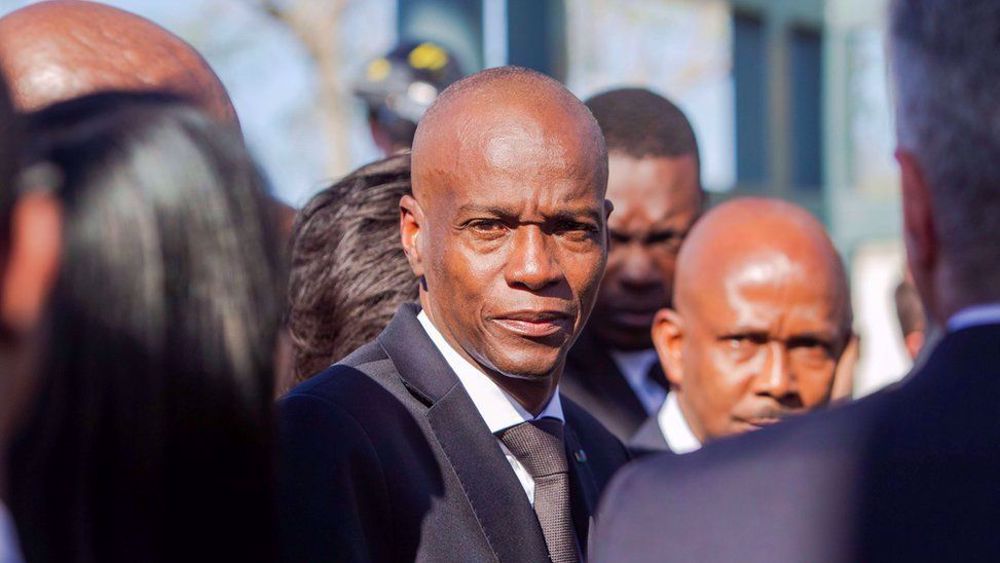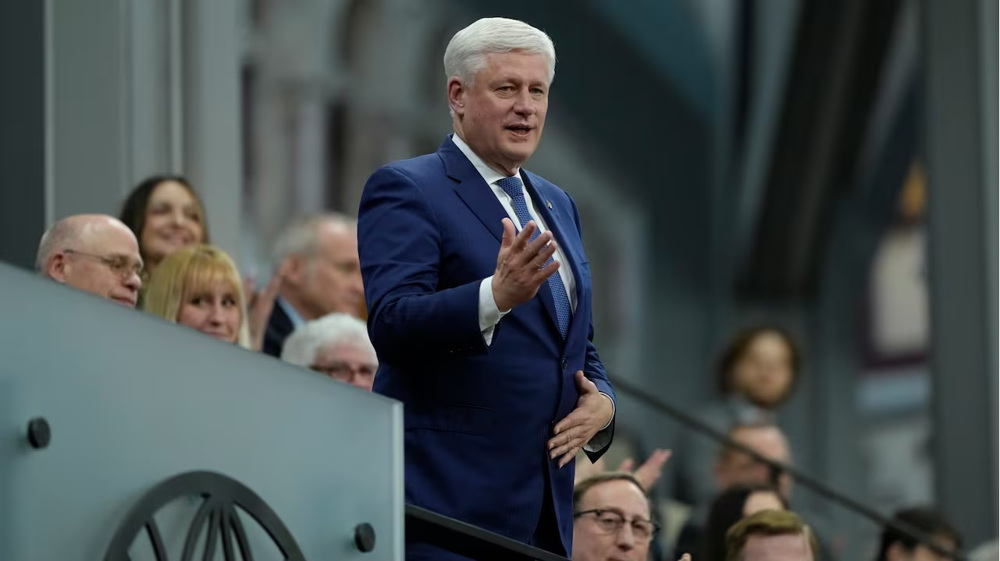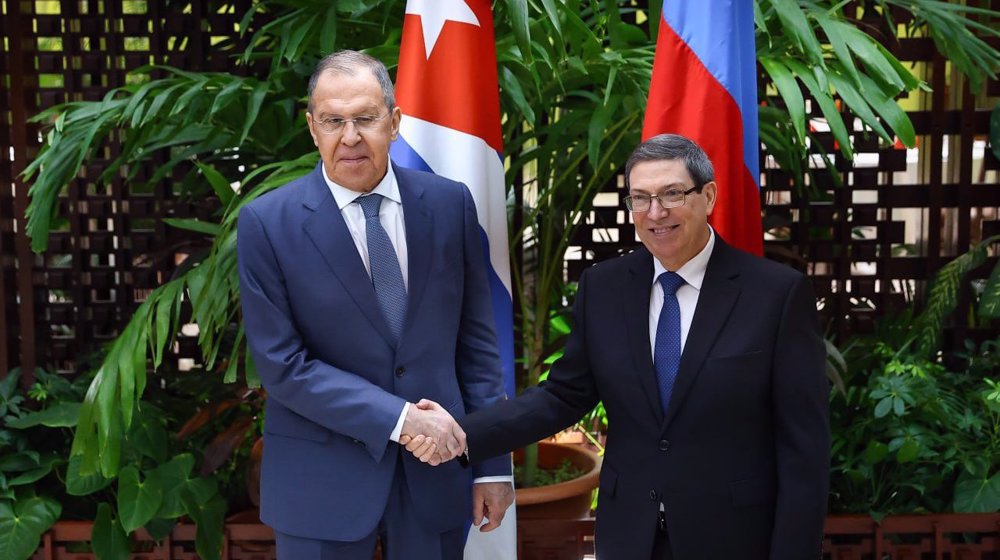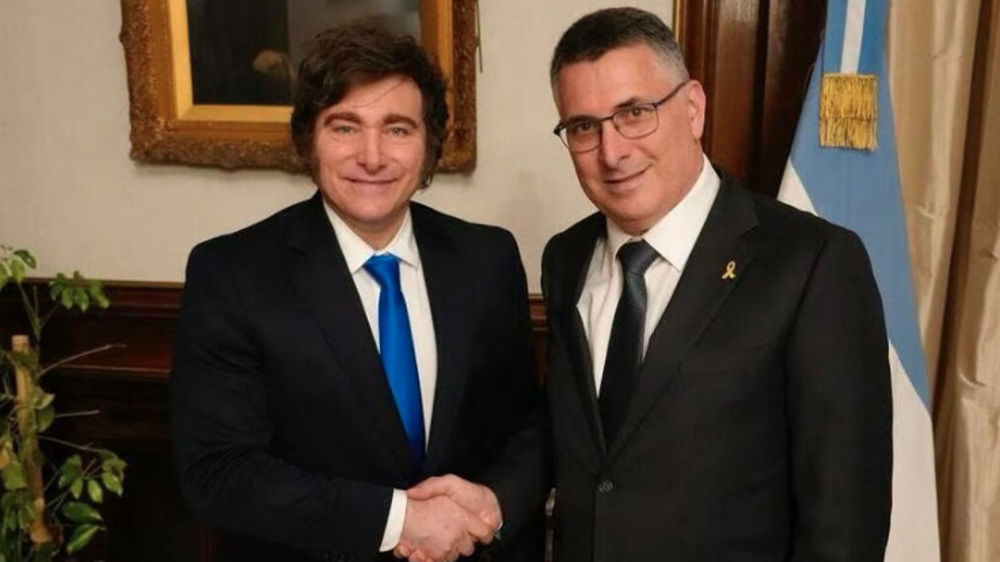Haiti marks one-year anniversary of Moise murder amid protests over stalled probe
Haiti on Thursday commemorated the one-year anniversary of the murder of President Jovenel Moise by US-trained assassins amid growing protests over stalled probe into the incident.
Moise’s assassination on July 7, 2021 plunged the Caribbean nation into a deeper political crisis, prompting calls for a thorough investigation, justice, and accountability.
It also led to a wave of gang violence in the country, which the United Nations human rights chief Michelle Bachelet recently said has hit “unimaginable and intolerable” levels.
The protests marking one year of the populist leader’s killing on Thursday were largely peaceful in the capital Port-au-Prince but left piles of burning tires in the streets, reports said.
The demonstrators lamented the lack of progress in his murder probe, as well as hunger and poverty fueled by the deteriorating economic situation in the country.
The 53-year-old former Haitian president was killed in an armed attack at his private residence in Port-au-Prince on July 7, 2021, by a group of gunmen who spoke Spanish and English.
Moise’s wife also sustained injuries in the attack.
Police in Haiti said the assassination was carried out by a commando unit of 26 Colombian and two American mercenaries identified as James Solages and Joseph Vincent, both from Florida.
The Pentagon revealed last July that some of the former Colombian servicemen arrested after the assassination had been trained by the US military.
US prosecutors have charged three people for their involvement in the conspiracy to kill Moise, but Haiti's probe remains stalled even as police have arrested more than 40 people in the case.
The United Nations office in Haiti issued a statement on the anniversary, expressing concern over the "lack of tangible progress" in the search for justice.
"The investigation and prosecution of the case in Haiti appears to be at a standstill," it said.
"Since this crime was committed, growing insecurity, linked to violence committed by armed gangs, terrorizes Haitian citizens and monopolizes public debate when challenges facing the country are increasing day by day."
The inquiry's delays are said to be partly due to Haiti's political crisis as the Caribbean island country’s presidency has been vacant since Moise's death, with no date set for a vote to fill the office.
Haitian Prime Minister Ariel Henry, who was appointed to the post two days before Moise's death, has faced accusations that he was involved in the plot, something he denies.
Henry spoke at a ceremony on Thursday to commemorate the one-year anniversary of the assassination, saying the entire nation was still in mourning.
"One year later, we are still in mourning," Henry said in a speech. "We are still struggling to understand this bloody and barbaric episode in our history."
UK ordered in 'milestone' court ruling to pay $570 million for colonial-era massacre
VIDEO | Defying the rubble, Gaza opens its first face-to-face school since start of war
‘Ready for next round’: Million-man rally in Yemen backs Gaza, resistance
FM Araghchi departs Muscat for Doha following nuclear talks with US
Israeli keeps killing more Palestinian civilians in Gaza amid relentless ceasefire violations
Aliyev: Azerbaijani territory will not be used for threats against Iran
Turkey arrests two on charges of spying for Israeli regime
Iran FM declares ‘good start’ as US–Iran talks conclude in Muscat










 This makes it easy to access the Press TV website
This makes it easy to access the Press TV website